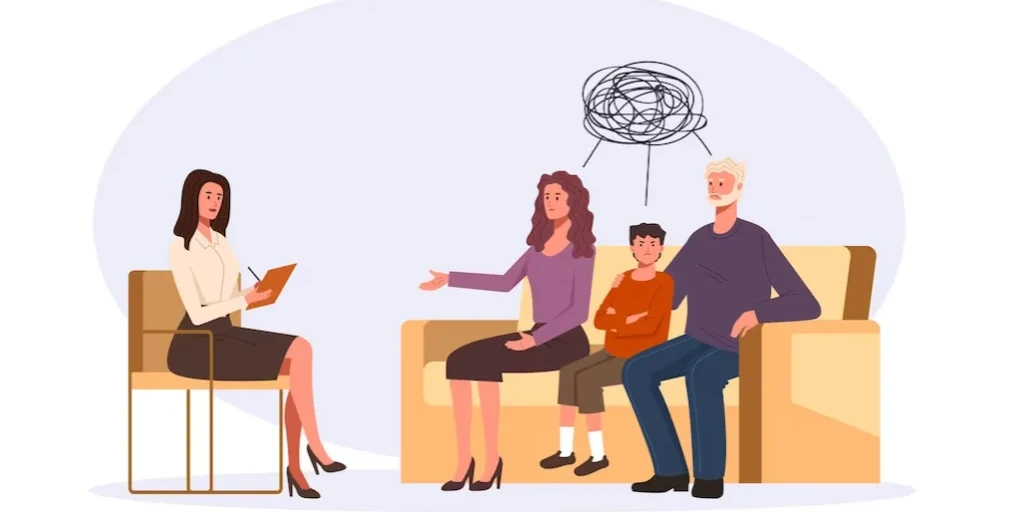24/7 Helpline:
(866) 899-111424/7 Helpline:
(866) 899-1114
Learn more about Morphine Detox centers in Green River
Morphine Detox in Other Cities

Other Insurance Options

UMR

Horizon Healthcare Service

Oxford

Health Partners

Health Choice

Excellus

Meritain

Lucent

Optima

Evernorth

EmblemHealth

Sliding scale payment assistance

Sutter

UnitedHealth Group

Cigna

WellCare Health Plans

BHS | Behavioral Health Systems

Self-pay options

Multiplan

Kaiser Permanente

Four Corners Behavioral Health
Four Corners Behavioral Health is a public rehab located in Green River, Utah. Four Corners Behavior...

Southwest Counseling Service
Southwest Counseling Service is a comprehensive community mental health center that has been providi...






































































Four Corners Behavioral Health
Four Corners Behavioral Health is a private rehab located in Castle Dale, Utah. Four Corners Behavio...











